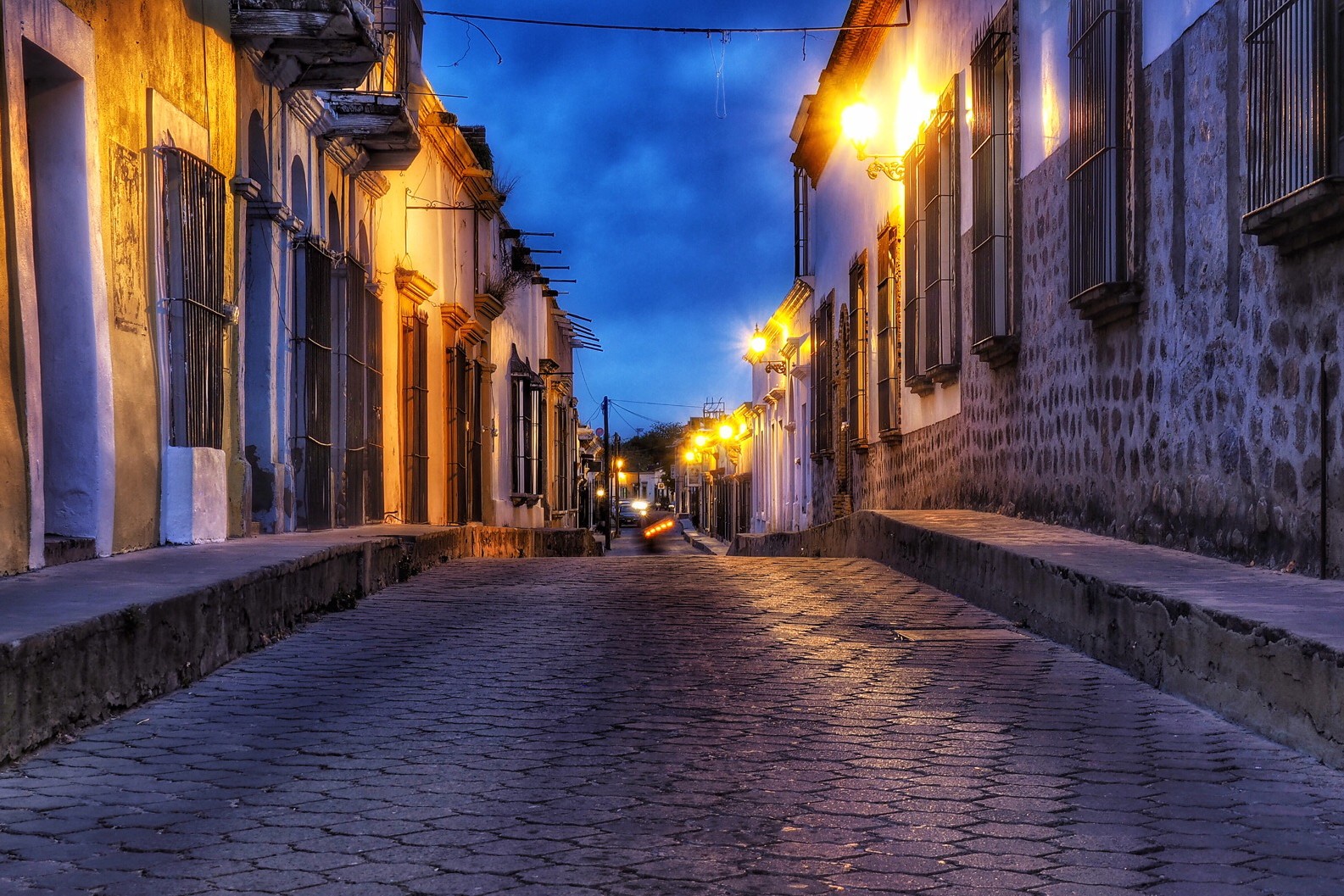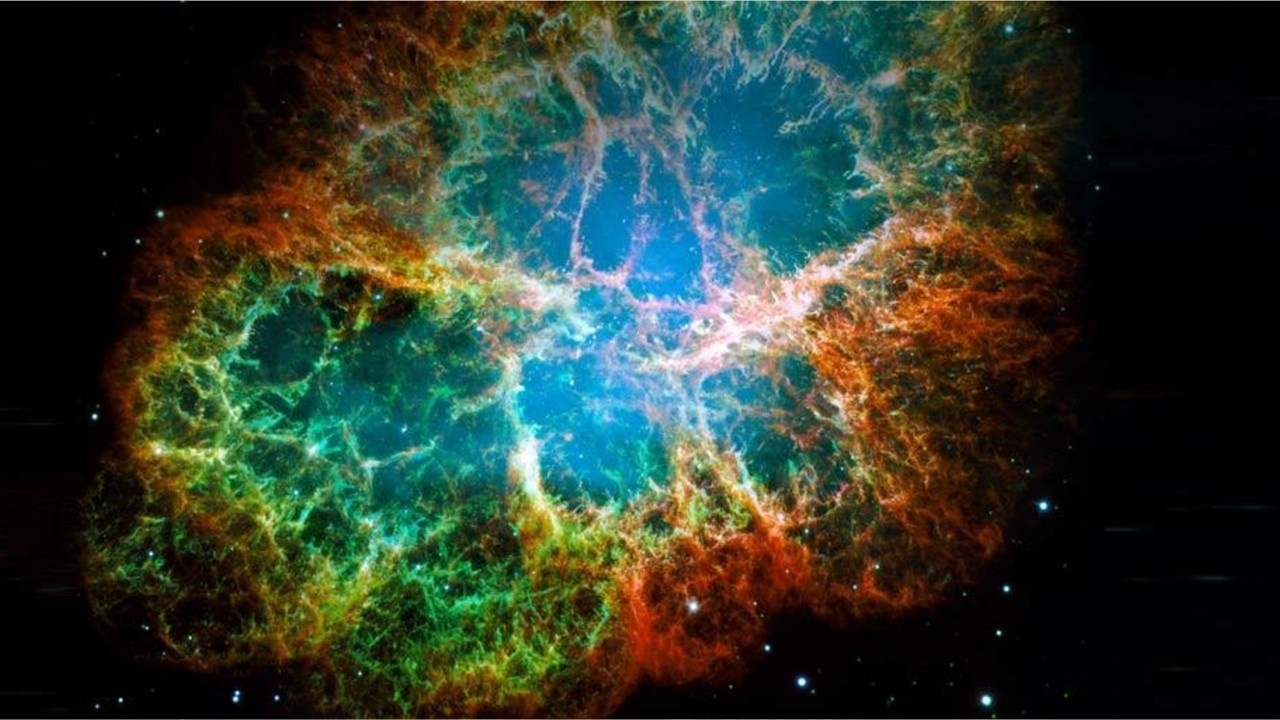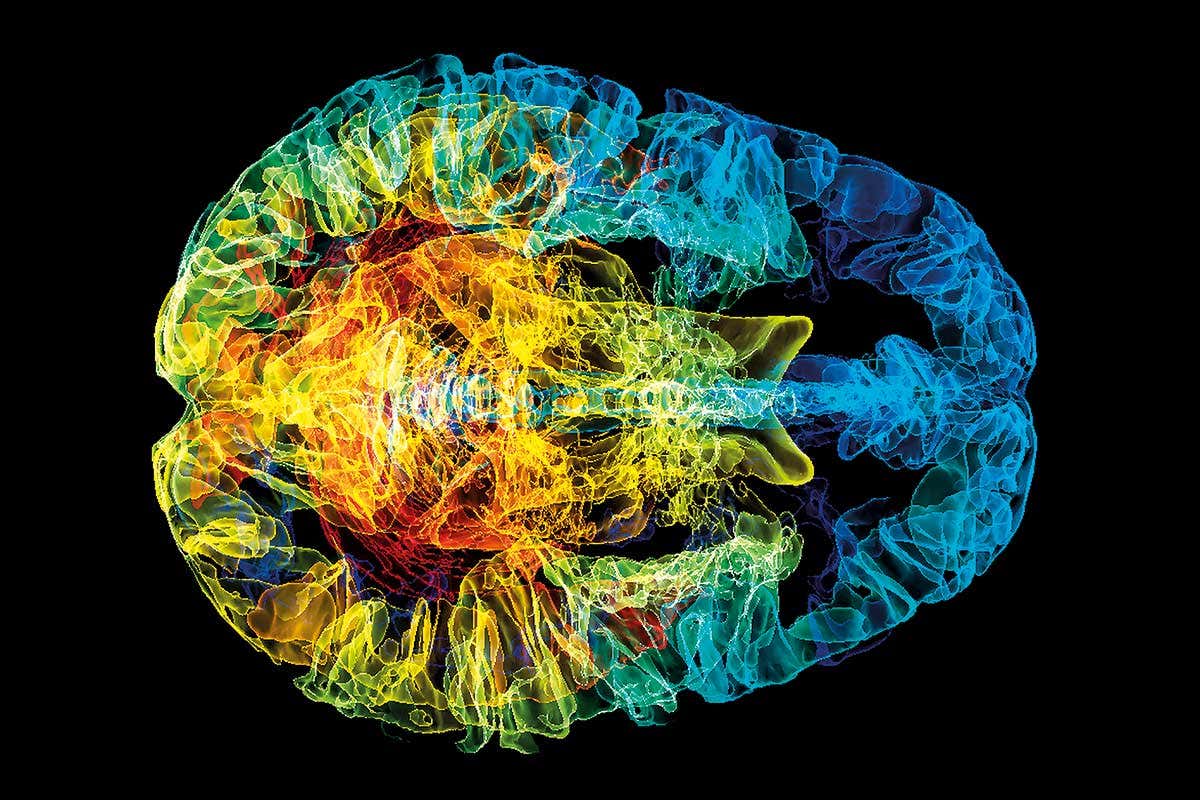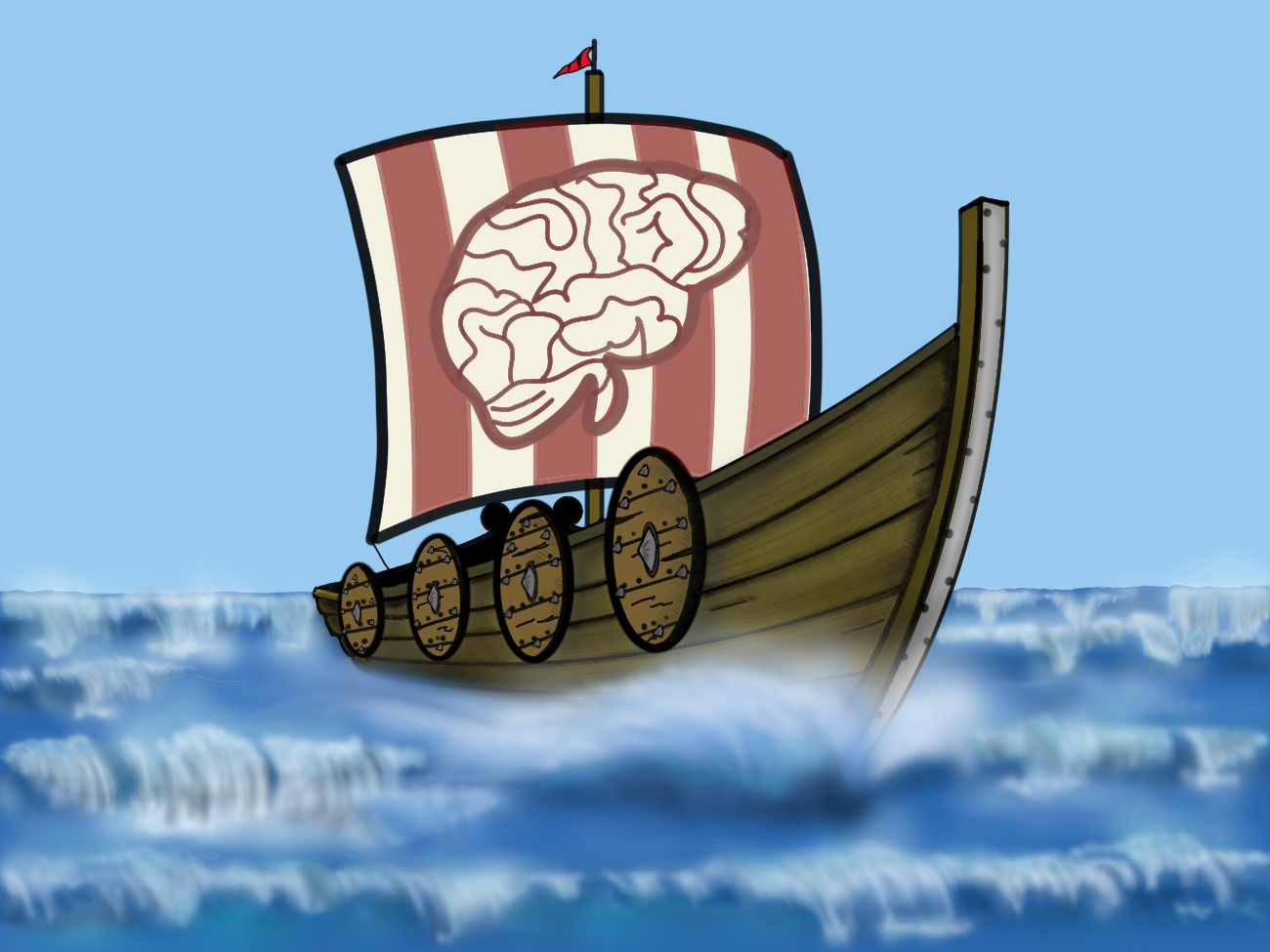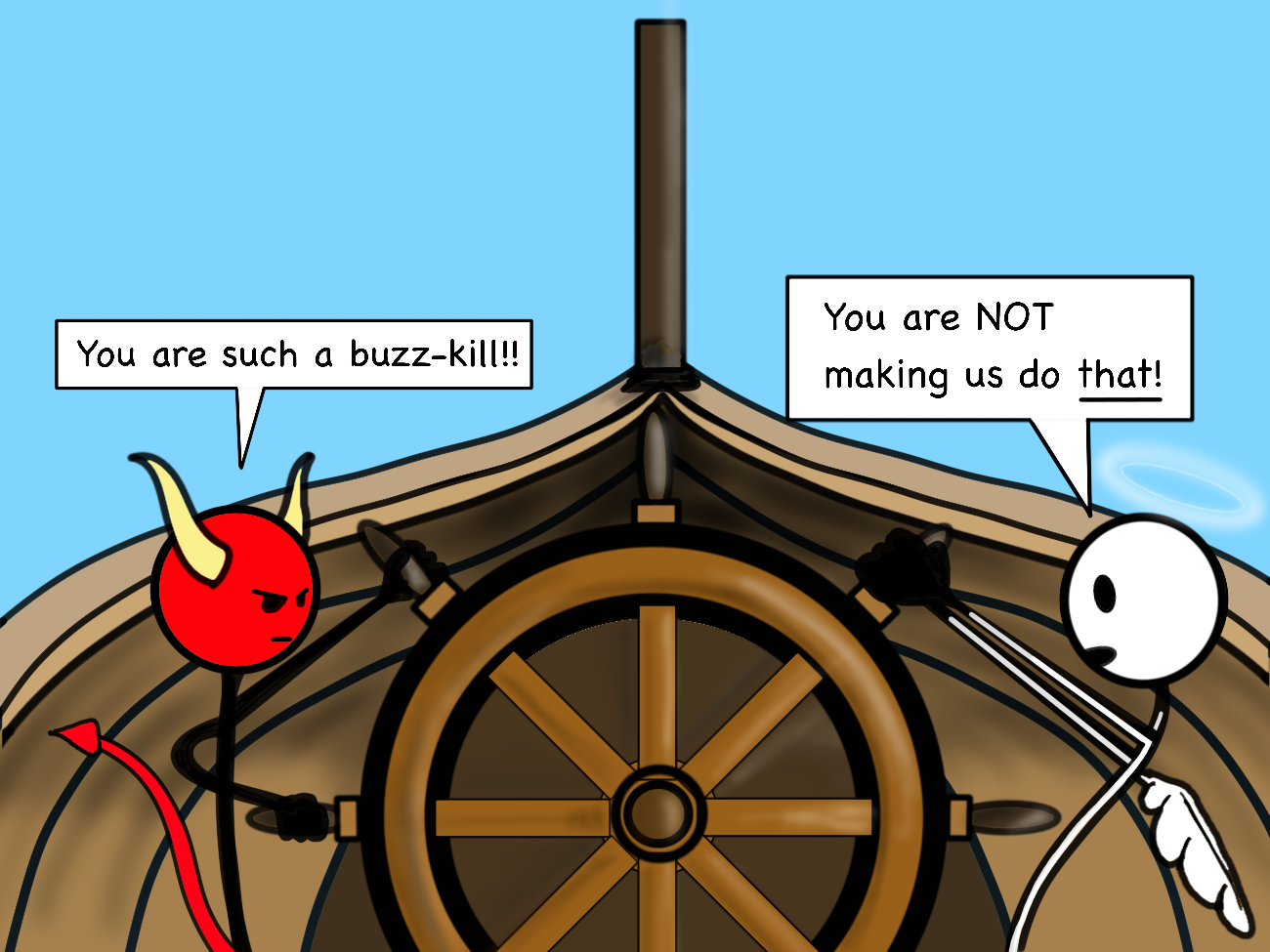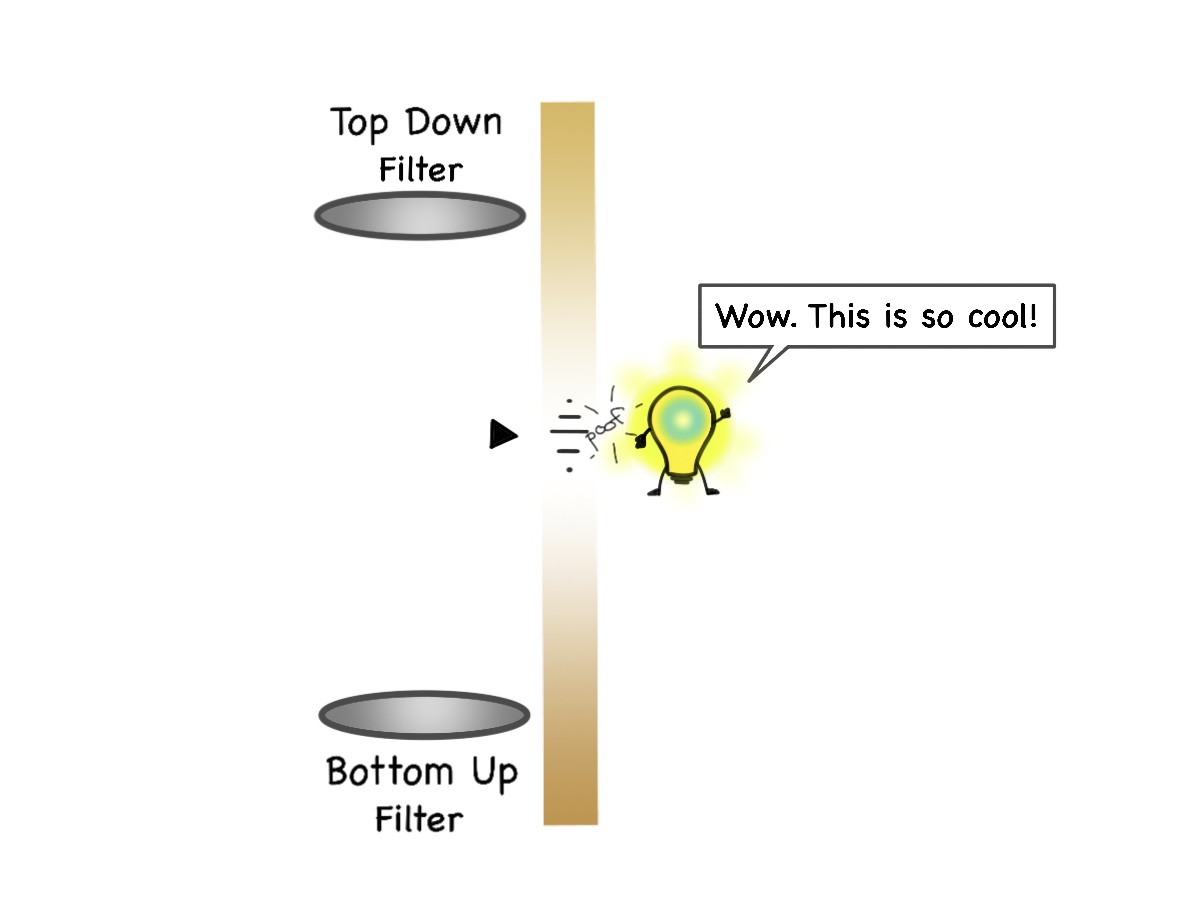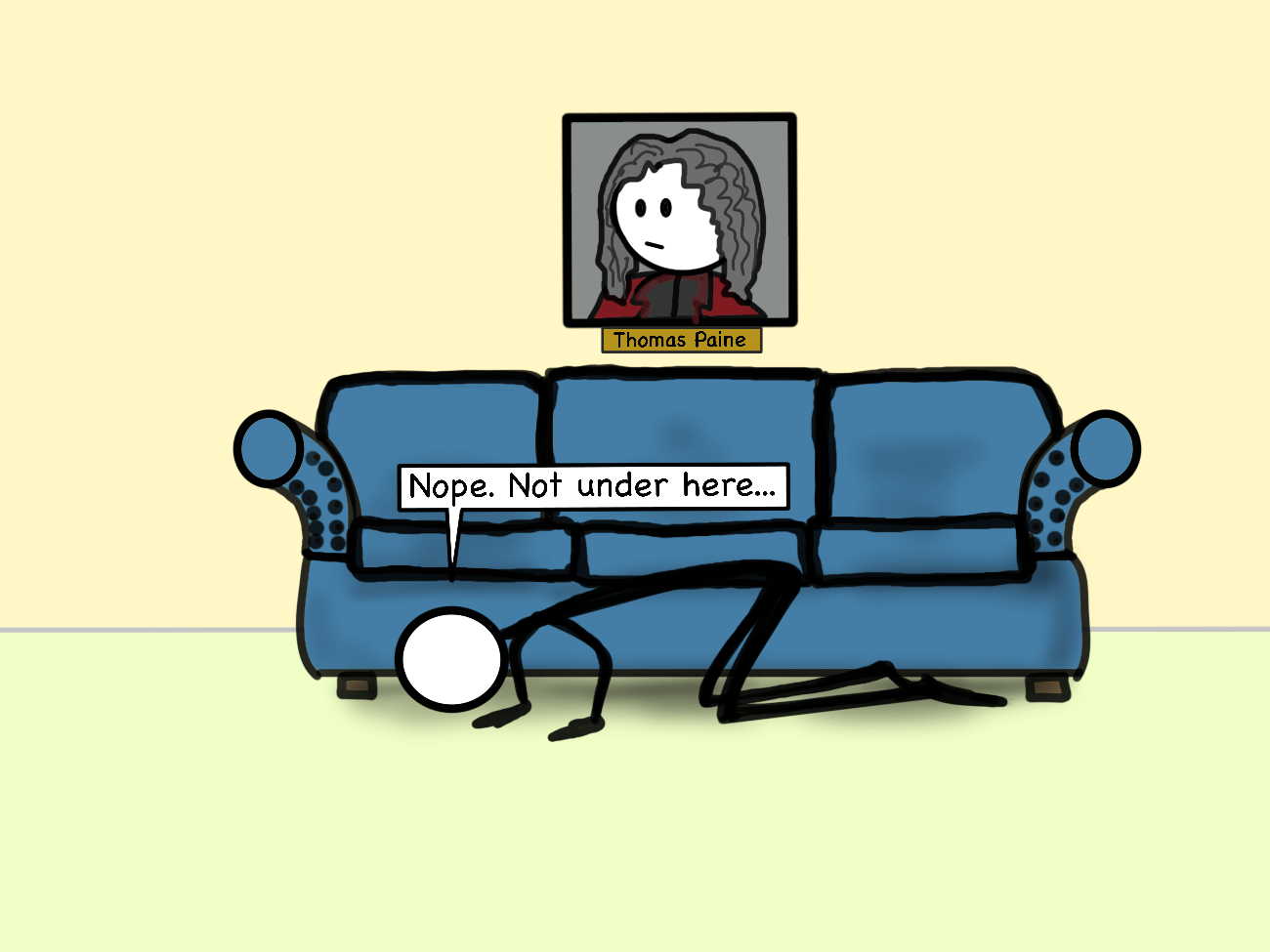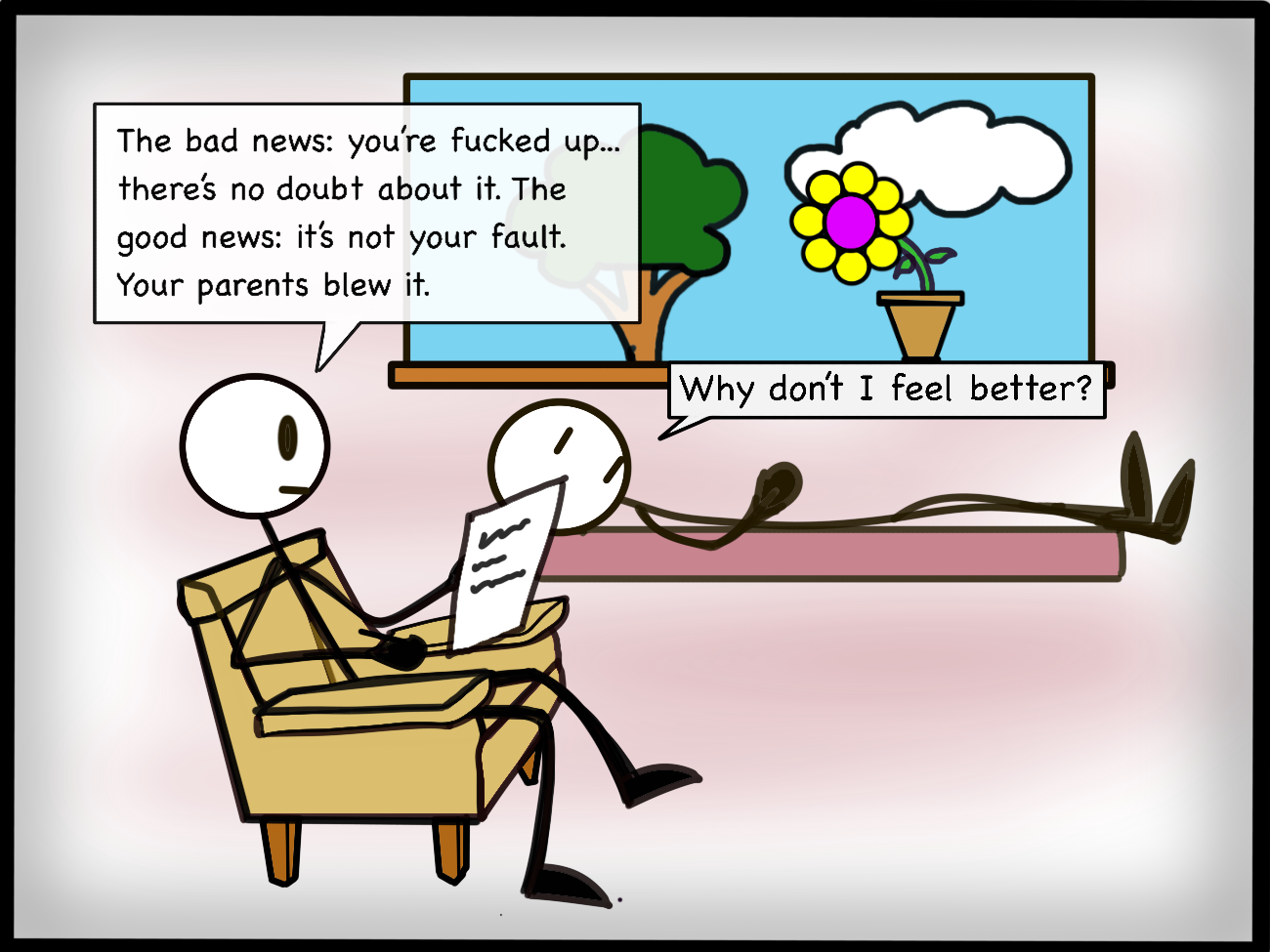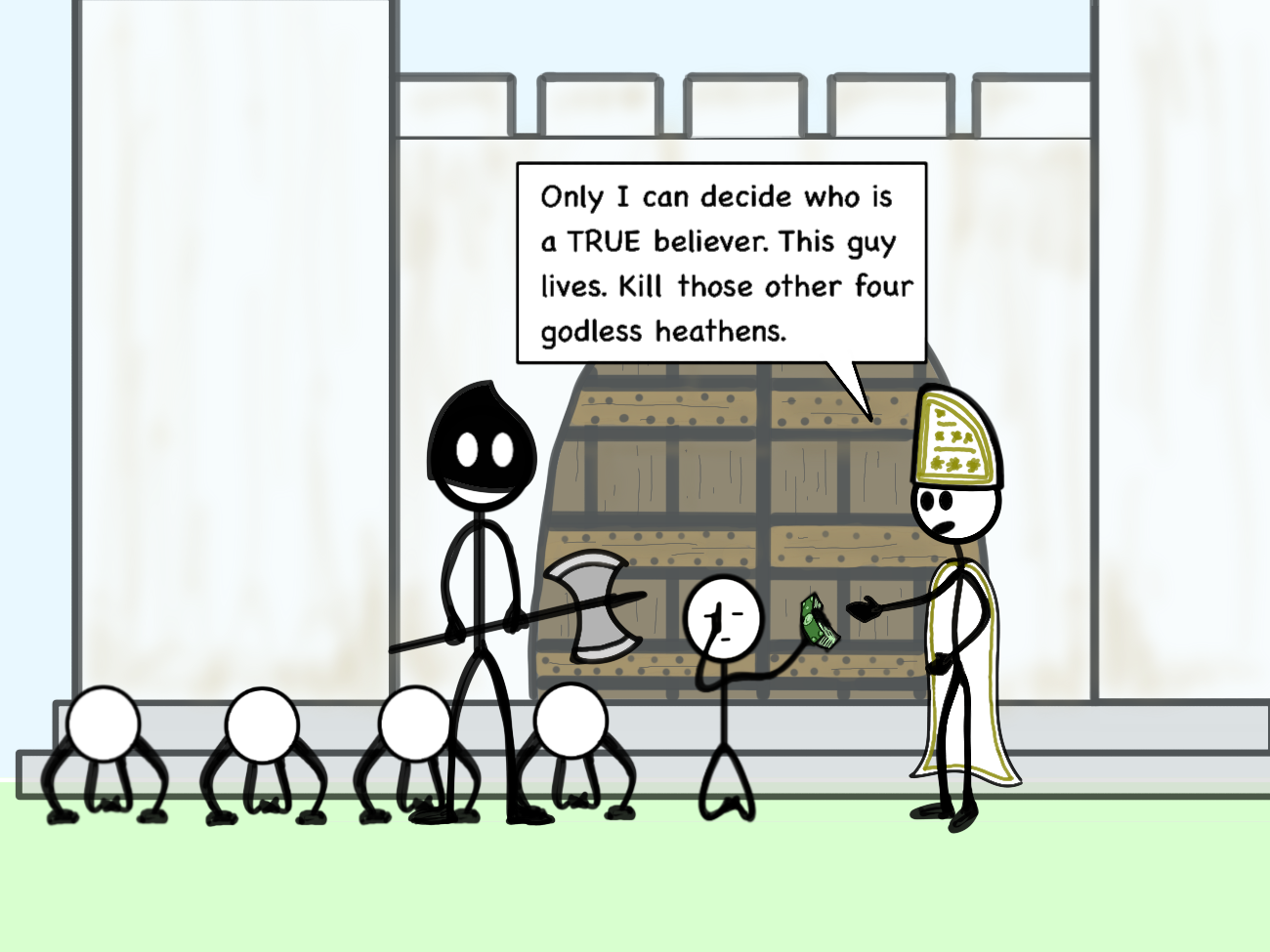Have you ever looked up at the stars and marveled at the unimaginable complexity of it all?
Of course you have.
We know more about that crazy tangle of distant stars and planets and galaxies than we know about our own brains.
Your brain… that thing you carry around in your head, like it’s nothing, is the most complicated thing we know of.
It has seemingly magical capabilities.
If the brain was a consumer product it would be the most coveted of them all. People would take lifetime mortgages out to buy one. Look at the loans people saddle themselves with for a place to sleep.
Brains are far more useful.
And we largely take them for granted. Probably because they were.
If you want to get both oars in the water and move yourself towards gr8ness… in the most straightforward way, this is where the story starts. Because in those seven inches in between your ears is where your world is created. Reality. Triumph. Love. Defeat. Good guys. Bad guys. Everything.
Let’s start unpacking it.
For most of our civilized history this is how the average end user has imagined their brain works…
This is the brain…
And this is how it makes decisions…
Funny enough, it turns out that the model is kinda true. Only it’s not a battle between good and evil. It’s more like an interface between two filters.
One filters from the top down. This is how you see the world and attend to it… based upon your goals. The top being you… or the goal generating part of your identity, selectively determining what to pay attention to. For example, you’re reading this right now because you made the the choice to. And there is probably a lot going on around you that you are filtering out because it would be tough to read if you didn’t.
The other filters from the bottom up. It deals with the word based purely on a sensory level. If it encounters anything that it perceives as a threat, a loud noise, sees a bright flash of light, or a rustle behind the trees or the curtain, it grabs the wheel and takes control.
Somewhere in the interaction between these two filters the lights turn on… and consciousness… the sensation of being you emerges.
And with this emergence of consciousness comes one of life’s great mysteries.
How can matter… that has no consciousness, get configured in a way that causes it?
This is what philosopher David Chalmers calls the “big problem”.
Naming something the “big problem” hints at smaller ones. Like… what is the reason for consciousness?
This is the age of reasons. We spend a lot of time trying to find the reasons for things.
What if there aren’t any? What if the world doesn’t really operate that way? What if our need for reasons makes us invent them?
Then we would be interpreting the world through a distorted lens. Which isn’t so hard to imagine.
I read a story about some muckety muck business dude who had a crisis of self and checked himself into a zen monastery to cure it.
When shown him his small, austere quarters he found his new wardrobe (a robe) folded on the chair at the foot of his bed, with a sixteen penny nail placed on top of it.
Looking around he saw several small holes in the wall around his bed. So he placed the nail in one of the holes and hung his street clothes from it.
He later returned to his room to find both the nail and his clothes on the ground.
That’s odd, he thought. Maybe the nail somehow escaped the hole.
He used a different hole.
And returned to find his clothes and the nail on the ground again.
He repeated the procedure several times. Every time to the same result.
Finally he folded his clothes, put them on the chair at the foot of his bed and placed the nail atop them.
And there they stayed.
“Lesson learned”, he later wrote, “a nail is just a nail.”
Another thing about reasons… who cares?
Say for example you find out your issues stem from the way your parents raised you.
So what? Your issues are still there.
All your reason did was give you an excuse. Now you can blame your parents… as if you weren’t already.
Problem is… when you blame them it isn’t very satisfying because they blame their parents. And if their parents are still around… they blame their parents. Who are for sure long gone. But if they weren’t…
Imagine how much farther ahead you’d be if you invested all those hours… or years into a remedy instead of a reason.
In the end… whether we figure out the reason for consciousness or not… we will still have it, hopefully. And frankly… the less we understand our consciousness the safer it probably is.
Our brains consume around 20% of the calories we eat… more than almost any other animal. Only the tiny tree shrew comes anywhere close.
Does he have consciousness too?
We can test him and see if he recognizes himself and stuff… because we can recognize ourselves and stuff.
And if he can’t do that… which he can’t, we say he has no consciousness.
It’s the same with plants. They respond to light and touch and sound and many other things that our own central nervous system responds to. But they do it without a brain and a central nervous system. So we say they have no consciousness.
It’s always dangerous to have the believers create the conditions for inclusion. They will always stipulate their situation as the only acceptable measurement.
This was how Rene Descartes justified performing vivisections on Rover and his crew.
And also… the inquisition.
What? Times have changed?
If you believe that I have two words for you: modern psychiatry. High priests determining who fits and who doesn’t. All that’s changed is the story.
Open the door to consciousness a little bit wider and you will be amazed. Susan Simard has shown that plants know who their relatives are. They can be nice to each other. They share minerals and resources with each other. And they can communicate hazards to each other. There is even a gene in plants that tells them whether it’s light or dark, that is also part of the human DNA.
Wouldn’t it be crazy to find out that being a vegetarian is no less inhumane than eating meat?
So what is evidence of consciousness?
Thought? Speaking?
Or is it merely the feeling of being something?
Jean Dominique Bauby had a stroke that left him unable to do anything but blink with one eyelid. The assumption was that he was a vegetable. But after a long period of time his caregivers and the people who regularly visited him became convinced that he was trying to communicate with that eyelid.
They developed a system of communicating with blinks and learned that he was experiencing as full a conscious experience as you and I are having.
Over the course of something like a quarter of a million blinks Bauby wrote a very moving book called “the diving bell and the butterfly.”
If those around him had been only a little less observant they would have missed the fact that he wasn’t in a vegetative state.
I know about Bauby because my mom had a similar stroke in 2010. Although she retained more movement than Bauby, I doubt her experience was much better.
Baubys story inspired some doctors to test other people that were in a vegetative state and presumed to have permanently left the house. They slid them into an FMRI and asked them to imagine they were playing tennis.
In 2006 Adrian Owens found brain activity consistent with the tennis thought… in a subject who had been in a vegetative state for several years.
If people can appear to be zombies… and have consciousness. Could the opposite be true? This is lDavid Chalmers zombie thought experiment.
Imagine a person that can do all the things we do… walk, talk, laugh, cry, get scared… but all of it is solely the result of processing brought about by chemical interactions.
In other words, they appear human in every way from the outside, they are having no human experience on the inside.
Play with that for awhile and I think you will find that it’s not so hard to imagine.
And when you’re able to imagine it… you begin to wonder if, in the words of Annaka Harris, “you’ve been tricking yourself about all of consciousness, all of the time.”
If consciousness is simply the sensation of being something, on what basis can we be certain that those we share this planet with do or do not have it?
But before we tackle that question, we need to talk about how we think.
Next: Chapter 2 – The Kingdom of You
Resources:
David Chalmers
Annaka Harris
Rob Reid
Susan Simard
Adam Gazzaley
